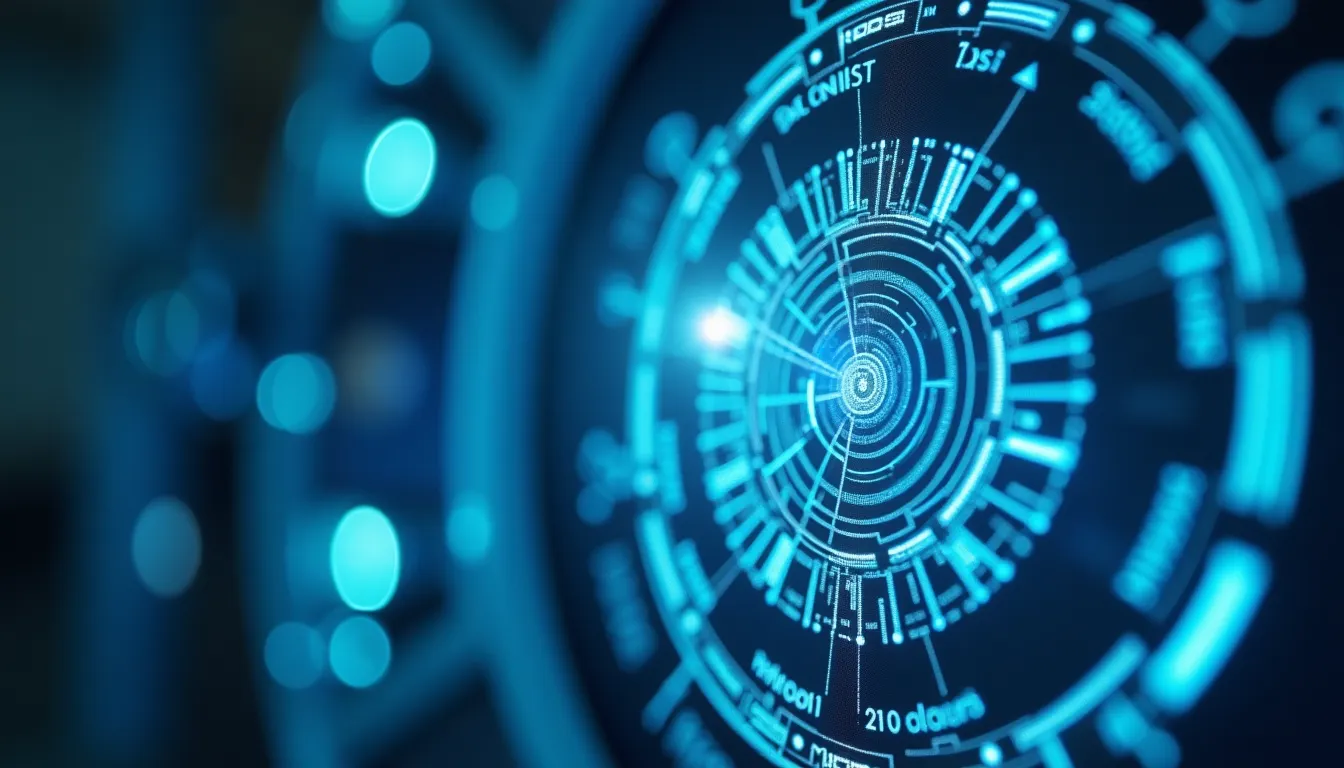Recent advancements in quantum radar technology are poised to revolutionize military surveillance and detection capabilities. With the ability to detect stealthy targets and operate effectively in challenging environments, quantum radar represents a significant leap forward from traditional radar systems.
Understanding Quantum Radar
Quantum radar utilizes the principles of quantum mechanics to enhance detection capabilities. Unlike conventional radar, which relies on electromagnetic waves to locate objects, quantum radar employs quantum entanglement and superposition to achieve unprecedented sensitivity and accuracy.
Technical Specifications of Quantum Radar
A typical quantum radar system operates by sending out quantum bits (qubits) of light, which interact with objects in their path. The returning signals, altered by these interactions, provide detailed information about the target. This technology can detect low-observable aircraft and even small drones that would typically evade standard radar systems. The ability to discern fine details in a target’s shape and material composition heralds a new era in reconnaissance and tracking.
Military Applications and Advantages
The military applications of quantum radar are vast, offering significant advantages over traditional systems. According to Dr. Emily Tran, a leading researcher in quantum technologies, “Quantum radar can detect stealth aircraft that conventional radar cannot, fundamentally changing the way military forces conduct surveillance.”
One of the most compelling benefits of quantum radar is its resilience to jamming and spoofing. As electronic warfare becomes more sophisticated, traditional radar systems are increasingly vulnerable. Quantum radar’s advanced detection capabilities make it much harder to deceive or disrupt.
Additionally, quantum radar can complement existing technologies like precision accelerometers and inertial navigation systems, enhancing the overall effectiveness of military operations. By integrating quantum radar with these systems, forces can achieve more precise targeting and tracking of assets on the battlefield.
Industry Insights and Current Developments
Major defense contractors and research institutions are investing heavily in quantum radar technology. The U.S. Department of Defense has recognized the strategic importance of quantum technologies and is funding various projects aimed at developing operational quantum radar systems.
In a recent interview, Colonel James Rockwell, a senior officer in the U.S. Air Force, stated, “As we look towards future conflicts, the integration of quantum radar into our defense infrastructure will provide a critical edge in situational awareness and operational effectiveness.”
Key Players and Innovations
Organizations like MIT’s Lincoln Laboratory and startups such as Q-Comm are at the forefront of quantum radar research. These entities are exploring the application of quantum radar in aerial surveillance, maritime operations, and ground-based defense systems. Noteworthy innovations include the development of compact quantum radar systems that can be deployed on small platforms, enhancing flexibility and operational reach.
Future Developments and Challenges
While the promise of quantum radar is significant, there are still challenges to overcome. The technology requires highly specialized components, such as gyroscopic instruments for stabilization, and advanced thermal management systems to maintain performance under varying conditions.
Furthermore, the field is still in its infancy, and practical deployment may take years of research and development. However, as the technology matures, military applications are expected to expand, potentially leading to a new standard in surveillance and reconnaissance capabilities.
Conclusion
Quantum radar technology represents a groundbreaking shift in military detection capabilities, offering substantial advantages in stealth detection, resistance to electronic warfare, and integration with advanced systems. As research continues and prototypes progress to operational systems, the defense sector is poised to experience a transformation in how it conducts surveillance and engages with threats. The future of military operations may very well depend on the successful implementation of quantum radar technology.
As Dr. Tran succinctly puts it, “The future of warfare will be defined by who can see their adversaries first—and quantum radar is the key to achieving that advantage.”
References
-
quantum radar Research - defensenews.com (defensenews.com)
-
quantum radar Research - aviationweek.com (aviationweek.com)
-
quantum radar Research - spacenews.com (spacenews.com)



